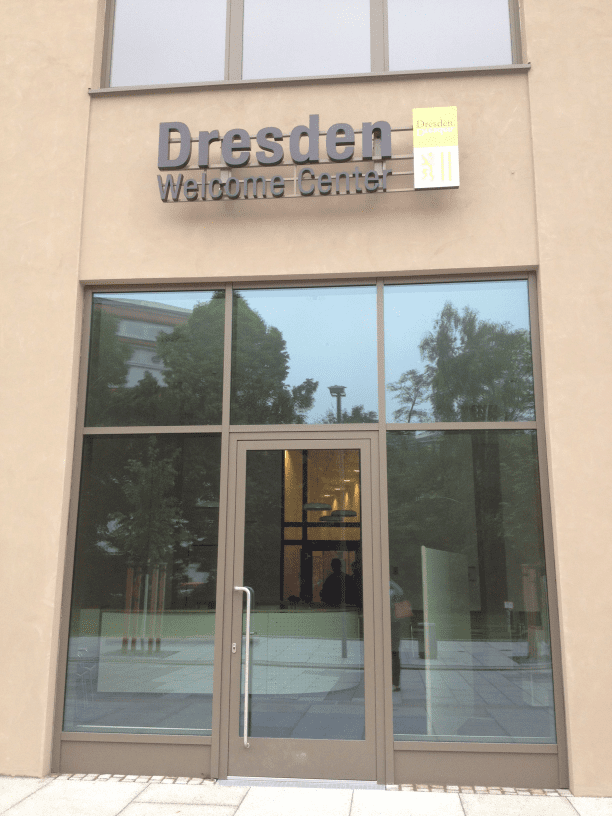Naming a baby includes, from my limited experience, lots of careful deliberation and discussion among family members. If you’re an expat and expect your child to be as well travelled as you, the international readiness of your child’s name also has to be considered.
Choosing a biblical name will cover the English, French and Spanish-speaking corners of the world. If you have ties to a country where a very different language is spoken, you have to keep in mind that certain letters or combinations of letters can cause difficulties when it comes to pronunciation and spelling. Every language has its peculiarities, so it’s almost impossible to find a “perfectly” international name. Consequently, adults sometimes decide to adjust their name (if only the spelling)
to the country they live in. Here are some examples of peculiarities across languages, I’m sure you can come up with more.
German: First of all, there is the Umlaute Issue. Luckily, they rarely appear in given names. Germans also pronounce “w” and “j” different than the (majority of the) rest of the World, so Jasmin will be pronounced Yasmin.
The English “th” is a sound that usually leads to mispronunciation in other languages. English, as well as European languages in general, have a lot of “consonant clusters” that are uncommon in Asian languages, for instance Japanese (as well as Korean) doesn’t allow certain combinations of consonants, which will results in an awkward transcription, e.g. for George.
Korean given names consist almost always of two syllables, family names of one. (Mostly true for China as well). A name that differs from this norm will stick out everywhere in Korea. Moreover, because of the aforementioned consonant issues, European two-syllable names will sometimes get extra vowels and therefore more syllables. For example, words cannot end with “s”, so Thomas will become ”to-ma-seu”.
As you can see it’s almost impossible to find a name that works anywhere, but a good rule of thumb is to use as little consonants as possible. That being said, while having an “international name” can be convenient, a more traditional one can also be a great conversation starter and, more importantly, is a beautiful way to remind a child of its heritage.
We would love to hear some more examples from your language or from countries you have been to!
Sources:
http://www.babynamewizard.com/archives/2007/3/names-without-borders and own experience.







